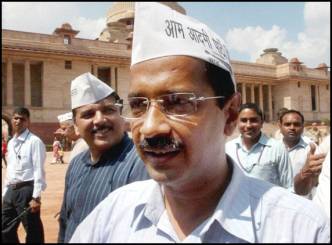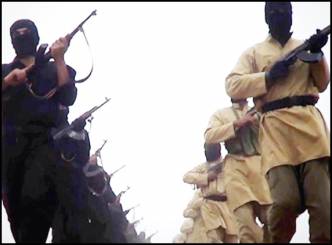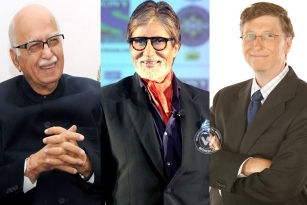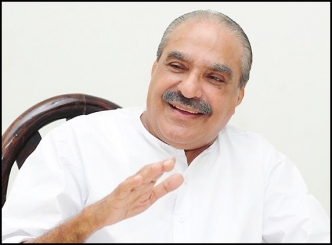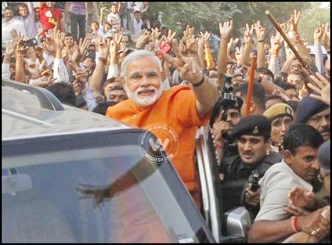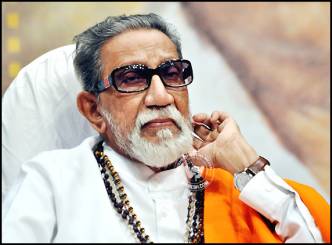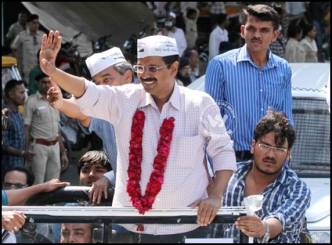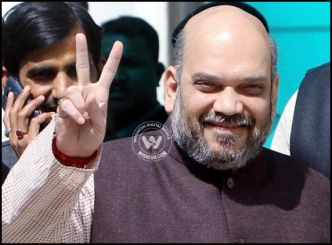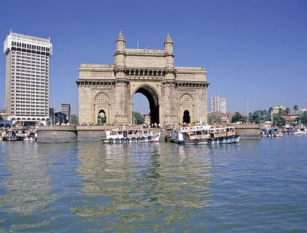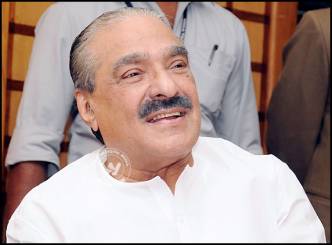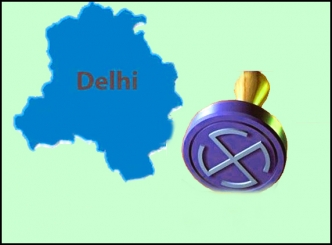
 All citizens above Eighteen years of age are voting at Singapore for the new president after 18 years. The voting began briskly at 8:00 am (0000 GMT) amid rain showers and will close at 8:00 pm. Singapore is on polls on Saturday for the first contested presidential election, since 1993.
All citizens above Eighteen years of age are voting at Singapore for the new president after 18 years. The voting began briskly at 8:00 am (0000 GMT) amid rain showers and will close at 8:00 pm. Singapore is on polls on Saturday for the first contested presidential election, since 1993.
The main reason for the polls is a consensus of the citizens to have stronger checks on the ruling party. Voting is compulsory in Singapore, where the President was handpicked by Parliament prior to 1993. The winner is expected to be known within hours after voting centres close.
Incumbent President S.R. Nathan, elected unopposed in 1999 and 2005, will retire after completing his second six-year term on Aug. 31. The current Prime Minister, Lee Hsien Loong, 59, is the son of Singapore's founding father Lee Kuan Yew, 87, who retired as a cabinet adviser after the May polls results which gave signals of discontent amidst voters. People’s Action Party (PAP) lost six parliamentary seats in the election and saw its share of votes drop to an all-time low of 60 percent, from nearly 67 percent in the previous election.
The Presidency is largely a ceremonial post, but voters now see the Presidency as an institution that can serve as a check on the ruling party. PAP has been in power since Singapore gained self-rule from Britain in 1959 before becoming a full republic in 1965.
The four contestants running for the Presidency are Tony Tan, ex-Government of Singapore Investment Corp. Deputy Chairman and former Deputy Prime Minister, Tan Cheng Bock, chairman of Chuan Hup Holdings Ltd. and a former lawmaker, Tan Kin Lian, ex-chief executive of insurer NTUC Income; and Tan Jee Say, an investment adviser and former senior civil servant. Analysts believe Tony Tan as the established candidate for the President.



